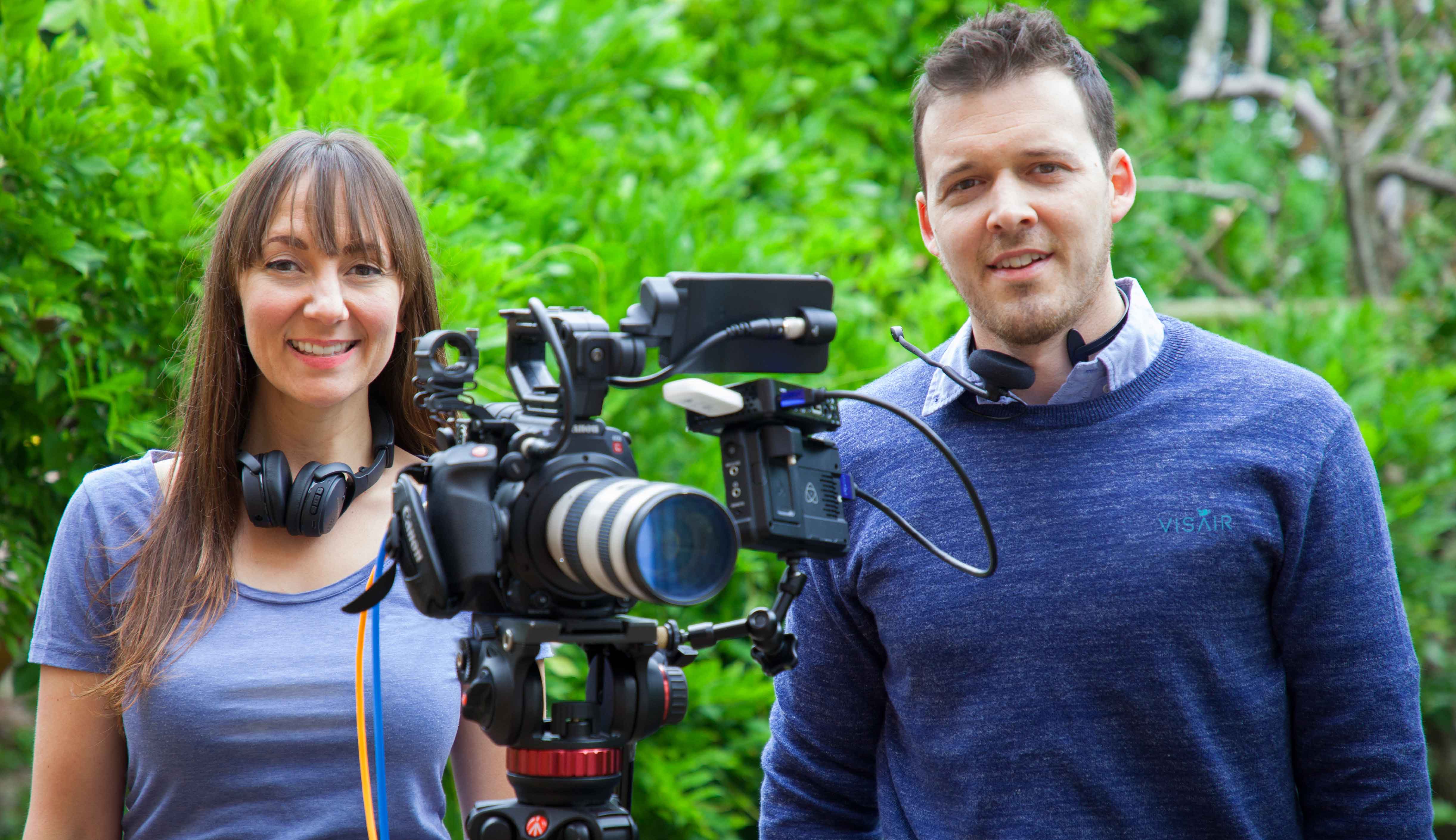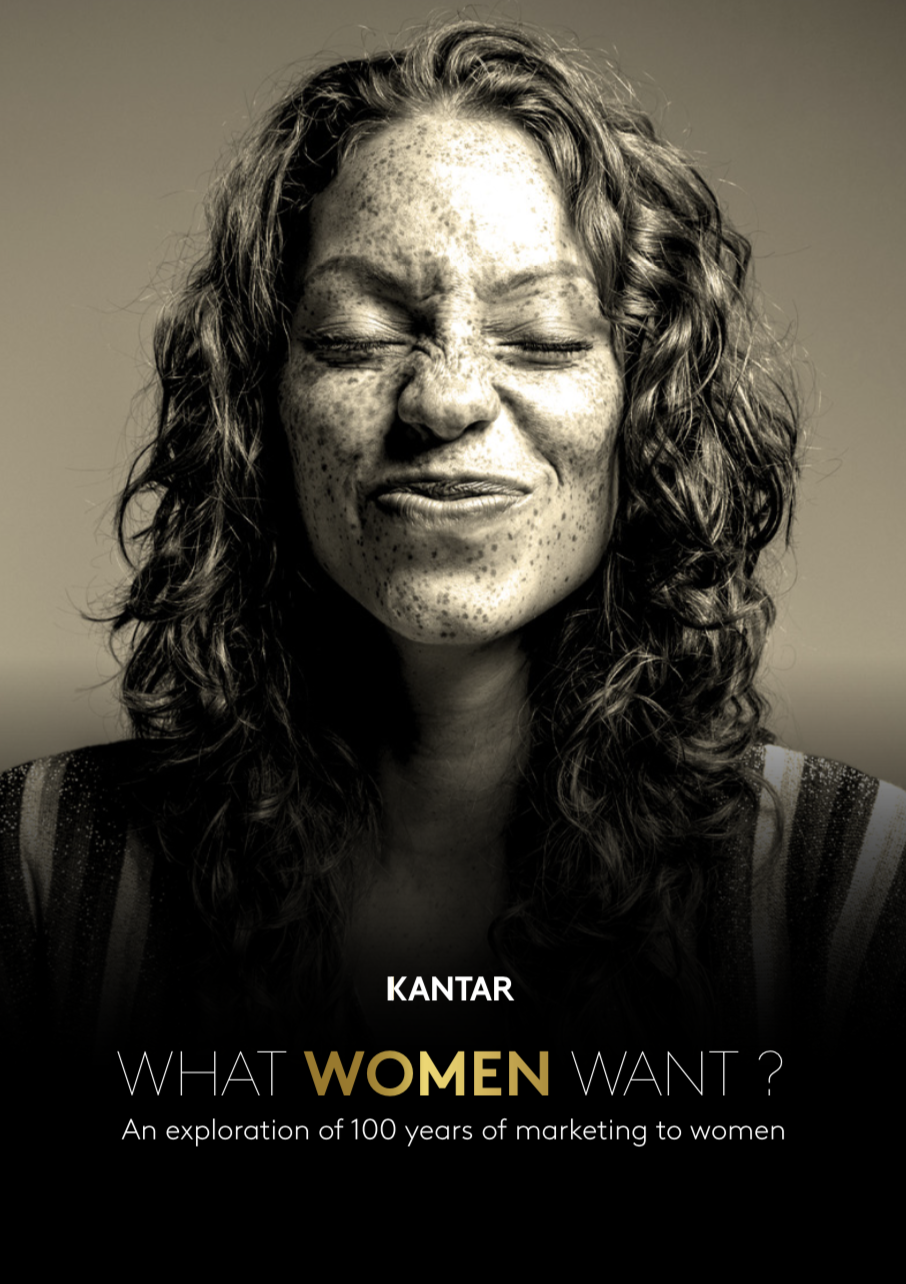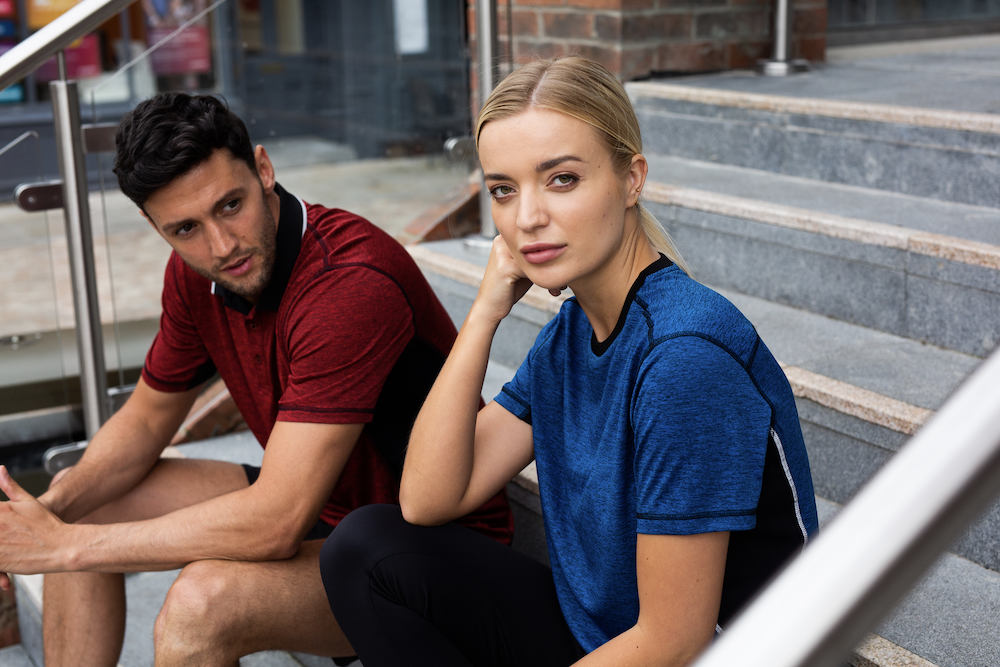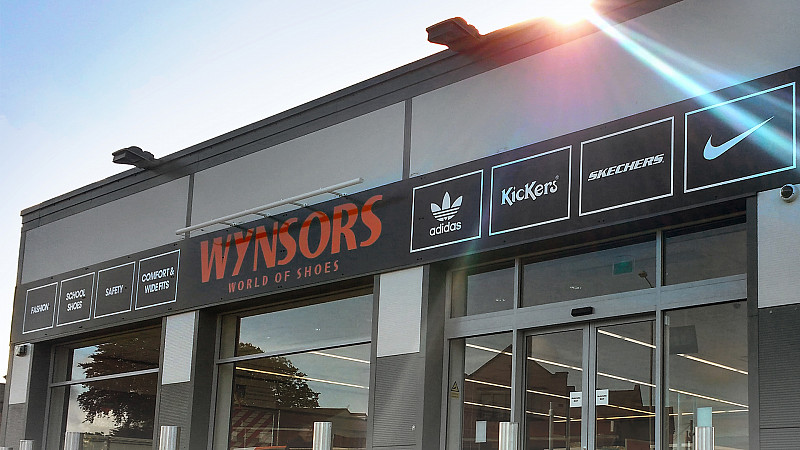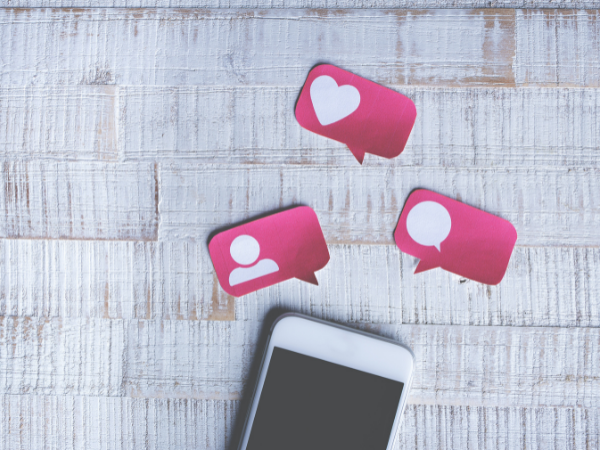
You can bring in new customers, actively engage with your current audience or raise awareness for a new product or collab. Instagram competition posts receive an average of 3.5 times more likes and 64 times more comments than regular posts, so they can be a fruitful way to create buzz around your social media page or meet any goals you may have.
However, understanding the do’s and don’ts of social media competitions is crucial for brands who want to reap the rewards of positive social media engagement. We thought we’d outline what you can and can’t get away with for any competition you’re currently planning or may want to run in the future.
With 2.91 billion monthly active users, Facebook is the OG social media giant. They do state for all competition hosts that: “Facebook will not assist you in the administration of your promotion, and if you use our service, you must agree to administer your promotion at your own risk”. Any competition you run is solely your responsibility and must have nothing to do with Facebook. However, you are allowed to promote your competition on various Pages, Events or Groups, but this has to be your own doing & in line with any other promotional guidelines in place.
Asking participants to “share to enter” is not allowed on Facebook, with the platform stating: “Personal Timelines and friend connections must not be used to administer promotions”. This isn’t an efficient way to encourage people to enter a competition anyway, as various privacy barriers hide many individual Facebook profiles.
Likewise, it is also prohibited to ask entrants to “tag” their family, friends, co-workers, or uncle’s best friend’s mum’s dog in the comments to win. Users are able to mention their Facebook friends, but not as a prerequisite for a competition entry; instead, as a way to say, “Hey ‘X’, if you win this free holiday, please can you give it to me? I promise I’d do the same for you…”.
Instagram rules are, unsurprisingly, very similar to Facebook.
Instagram does go one step further when mentioning the ability to tag friends on posts, stating: “You must not inaccurately tag content or encourage users to inaccurately tag content”. You may have seen countless competitions on Instagram that ask entrants to “mention ‘X’ number of friends in the comments” to take part; this is technically okay.
Tagging and mentioning people on Instagram are two different things. When you mention someone, you’re directly commenting their username underneath a post. Tagging refers to the inclusion of people or pages in a photo. As the rules don’t state “mentioning” accounts in competition posts, it’s believed that this is allowed. Tagging is, therefore, something that would break competition rules, especially if the person is being inaccurately tagged.
Including the terms and conditions within your post is vital. Mentioning age and residency requirements will deter those who do not fall into such brackets from entering and should cover your back if someone from Instagram were to come snooping.
Twitter’s rules are similar to Instagram’s & Facebook’s, but as the platform’s interface and functions are different, so too are its competitions. Users may enter by “retweeting” the post, tagging their friends or answering particular questions in the comments or simply by following the hosting account. We don’t recommend the latter as an entry requirement, as you may attract the wrong people to your account, those being users who only want free stuff.
Twitter states that users are: “liable to get all of their accounts suspended” if they repeatedly enter a competition using multiple accounts. Competition hosts must include this disclaimer within the promotion’s copy and let entrants know that this can get them disqualified.
Similarly, participants may not complete duplicate entries, such as being asked to retweet the competition more times than other entrants to win. This could also get their accounts disqualified, or at the most, suspended.
It’s important to ask entrants to mention you within their retweets or comments so that you can easily find them to pick your winner. You may not be able to see certain participants who enter due to their accounts being private or if they fail to include your brand’s name within their submission. Attempting to use the search function to find participants may fail to show everyone who has entered.
Hashtags are essential to Twitter, as they help users organise their tweets to be relevant to a particular topic. If you’re using hashtags that link to a competition, they must directly associate with the competition. Encouraging entrants to use “totally unrelated” hashtags may cause them to violate Twitter Rules. Whilst it wasn’t for a social media competition, I’m sure everyone can remember the hashtag blunder that Susan Boyle had when she aimed to promote her new album release, one example of a hashtag that inadvertently missed the point of the post.

